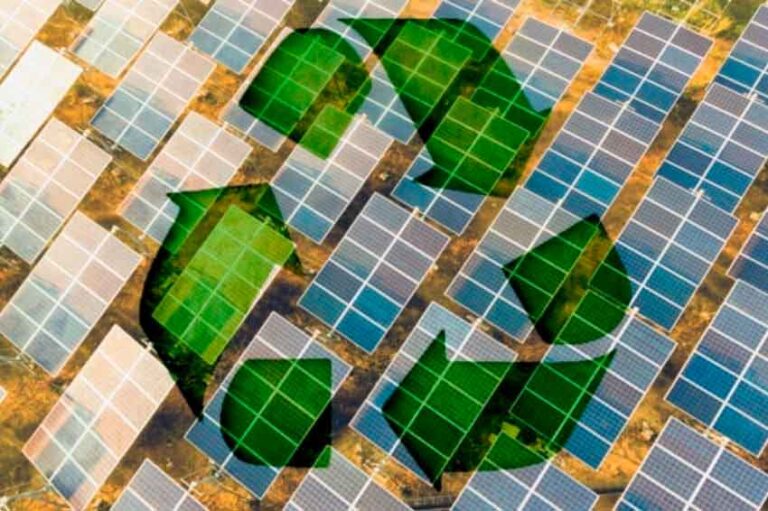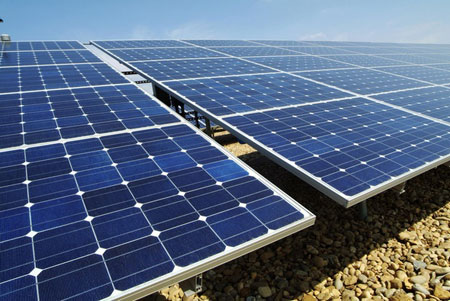Food preservation is an essential practice that dates back centuries and is vital to ensuring food safety and reducing waste. Preservation methods such as canning play a crucial role in keeping food fresh and safe to eat for long periods of time. This process not only helps preserve the nutrients in food but also extends its shelf life, allowing it to be stored and consumed at a later date.
You preserved foods Food preservation is a great way to ensure that you have a variety of food options available, even when it’s out of season. Additionally, preservation helps prevent contamination by microorganisms that can cause illness. By understanding food preservation methods, you can ensure that your family has access to safe, nutritious food while reducing food waste.

Traditional Conservation Methods
There are several traditional methods of preserving food, each suited to different types of food and purposes. Some of the most common methods include:
- Preserves in Brine: This method uses a salt solution to preserve foods, such as pickles and olives. The brine inhibits the growth of bacteria, keeping the food safe to eat.
- Preserves in Vinegar: Using vinegar, this method is effective for foods such as vegetables and fruits, providing a distinct flavor while preserving the food.
- Drying: Removing water from food is one of the oldest forms of preservation, useful for fruits, meat and herbs.
- Smoking: Smoking combines heat and smoke to preserve meat and fish, giving the food a characteristic flavor.
These methods are fundamental for the preparation of preserved foods, ensuring you can safely store and consume food for months, or even years.
Advantages of Canned Foods
You preserved foods offer a number of advantages that make them a popular choice in homes around the world. Key benefits include:
- Long Service Life: Canned foods can last for months or even years, depending on the preservation and storage method, making them ideal for emergencies or situations where access to fresh food is limited.
- Off-Season Availability: Out-of-season fruits and vegetables can be enjoyed year-round when preserved, allowing for a more diverse diet.
- Economy: Buying food in bulk and preserving it at home can result in financial savings, as well as reducing food waste.
- Ease of Storage: Preserved foods do not require refrigeration, which saves space and energy, especially in areas where access to electricity is limited.
The consumption of preserved foods can contribute significantly to food sustainability, promoting the full use of available resources and minimizing waste.
How to Store Properly
Store preserved foods properly is essential to ensure its safety and durability. Some essential tips include:
- Storage in a Cool, Dry Place: Keep preserved foods in a place away from direct sunlight and heat sources. A cool, dry environment is ideal for prolonging the shelf life of products.
- Packaging Verification: Inspect canned goods regularly to ensure there are no signs of spoilage, such as swelling of the lids or leaks. Any signs of contamination may indicate that the food is not safe to eat.
- Sort by Date: Store foods with the oldest expiration dates at the front, ensuring they are consumed first. This helps to avoid waste and keep your inventory organized.
- Proper Sanitation of Containers: Before storing food, make sure jars and lids are sterilized to prevent contamination.
Following these practices of storage method, you can ensure that your preserved foods remain fresh and safe to eat for much longer.
The Role of Canned Foods in Sustainability
You preserved foods play a crucial role in promoting sustainable practices. They enable efficient use of food, ensuring that less is wasted and more is used. This method of preservation reduces the need for constant transportation of fresh food, reducing the carbon footprint associated with food logistics.
Furthermore, conservation allows smallholders and families to make full use of their harvests, transforming surpluses into products that can be consumed throughout the year. This not only helps reduce food waste, but also contributes to food security in rural and urban communities.
Invest in sustainable practices preserved foods It is an important step for anyone interested in reducing their environmental impact and promoting a more conscious and responsible diet.
How to Get Started
If you want to start preserving your own food, the process can be simple and rewarding. Here are some basic steps to get started:
- Food Choice: Start with foods that you eat regularly and that are easy to preserve, such as cucumbers for pickles or fruits for jams.
- Preparation of Ingredients: Make sure the food is fresh and well washed before starting the preservation process.
- Choosing the Preservation Method: Depending on the food, choose between brining, vinegar, drying or another method that best preserves flavor and nutrients.
- Storage and Labeling: After the preservation process, store the food in sterilized jars and label them with the preparation date to ensure that they are consumed within the deadline.
Start preserving preserved foods can be a great way to explore new flavors, save money and promote a more sustainable lifestyle.
The conservation of preserved foods It’s an ancient practice, but it’s still extremely relevant today. In addition to being an effective way to store food and reduce waste, it’s also a powerful tool for promoting sustainability and food security. By adopting these practices at home, you can not only improve your diet, but also contribute to a more sustainable future.
Check out other interesting facts about recycling clicking here.
Learn how to make art by recycling, Click here.
Summary


The 24-hour Courses platform is an online portal where you can take courses and obtain certification without leaving home. Enroll now!






